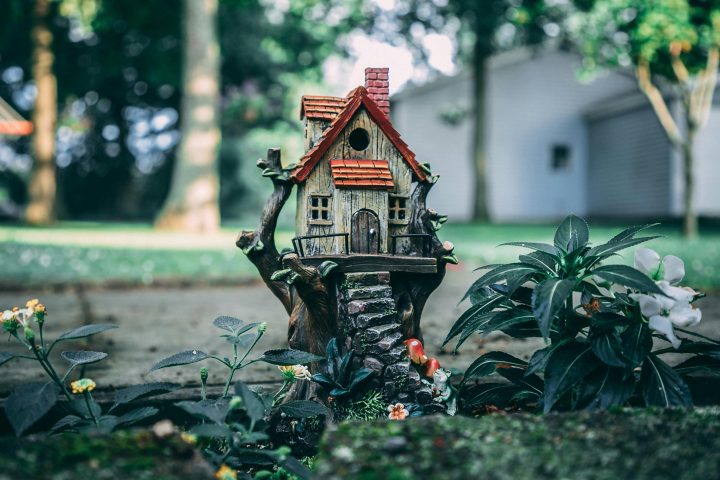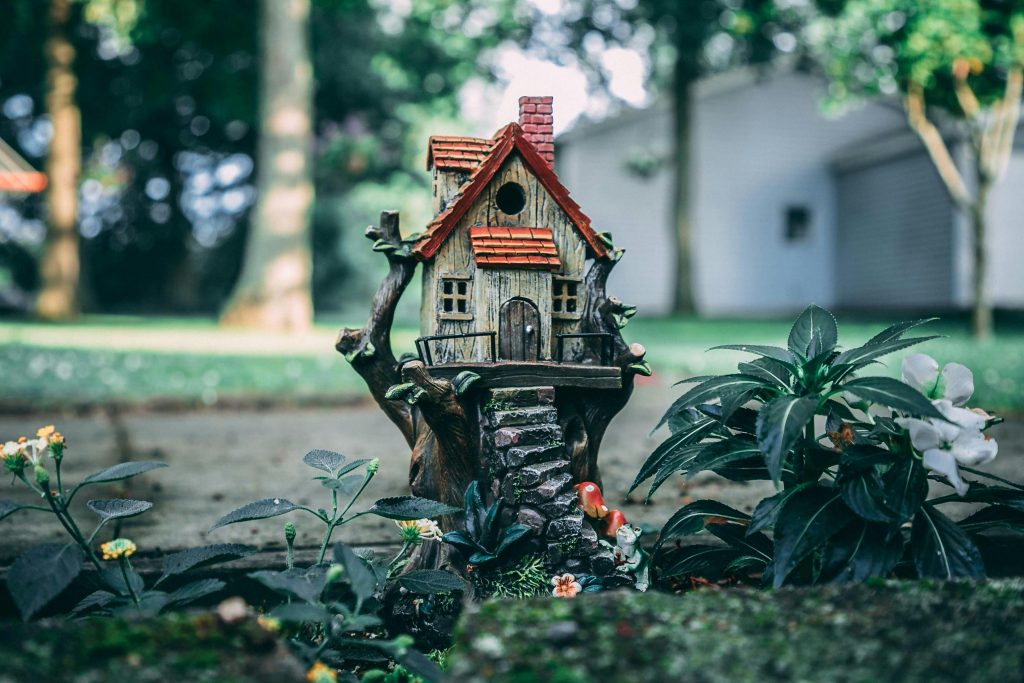

If you curl up quietly on the rocks somewhere along Maine’s rocky coast—maybe wear dark, camouflage clothing—and wait until the moon lights up the choppy water, you might see any number of fantastical sights. Mermaids, and selkies too. If you watched just about the spot where the waves hit the shore, you may see fairies flitting between the flecks of spray, each their own dynamic Venus. Ghosts flit between graves in the cemetery yard just beyond the beach. A dragon guards its treasure deep in the cliffs.
Medieval Catholics were all too close with their ghosts, ghouls, and fairies. Ghosts often bore good—or horrific—news for these people. Theological writings and official ecclesiastical ordinances forbade the summoning of these souls beyond the grave, but as is often true of historical source work, we cannot use these to inform our understanding of popular culture. Most believed that God sent ghosts, meaning they could hold some kind of message for the living. Usually, these beings visited from the in-between state of purgatory. The striking of the existence of purgatory from Protestant theology complicated popular belief in ghosts. Often, Protestants believed ghosts to be evil spirits in disguise, quasi servants of the devil who purportedly arrived on the earthly plane to deceive and trick (this mission has led to some interesting conversations into the theological implications of the ghost in Hamlet). I have greatly summarized this whole evolution, by the way.
English folklore tells of a young woman in the seventeenth century who lived on treats that little fairies brought to her in the night. They taught her miracle healing and gave her the gift of prophecy. Perhaps we see a touching, almost childlike attempt to cling to the image of Mother Mary by a population in the midst of religious upheaval. Fairies, like most aspects of folk culture, are intimately intertwined with women, for better or for worse.
I find it an abject truth that every culture has fairies. They look different, behave differently, etc. Some seek to mislead, some seek to help. Every culture has ghosts, too. We cannot get rid of these pieces of us that have existed since time began. They nag at us: What if I do exist? What would that mean for you? I could never say no, not when I see my grandpa in every old man I see on the street, or when the moonlight catches the fireflies at just the right time that I swear I can see fairy dust.
Our terror about the increase in technology possession by children has led to questions regarding the proliferation of folktales and childhood belief in magic. I would immediately join the cacophony of screaming horror at this potential fact—it has been too long since my last Luddite ramblings—but I simply do not think it to be possible. I do not think children can resist believing in a little bit of magic. Is it not genetic, at this point? Do we not inherit some sort of fantastical wonder carved into our bones at birth? What we cannot imagine, we simply invent.
